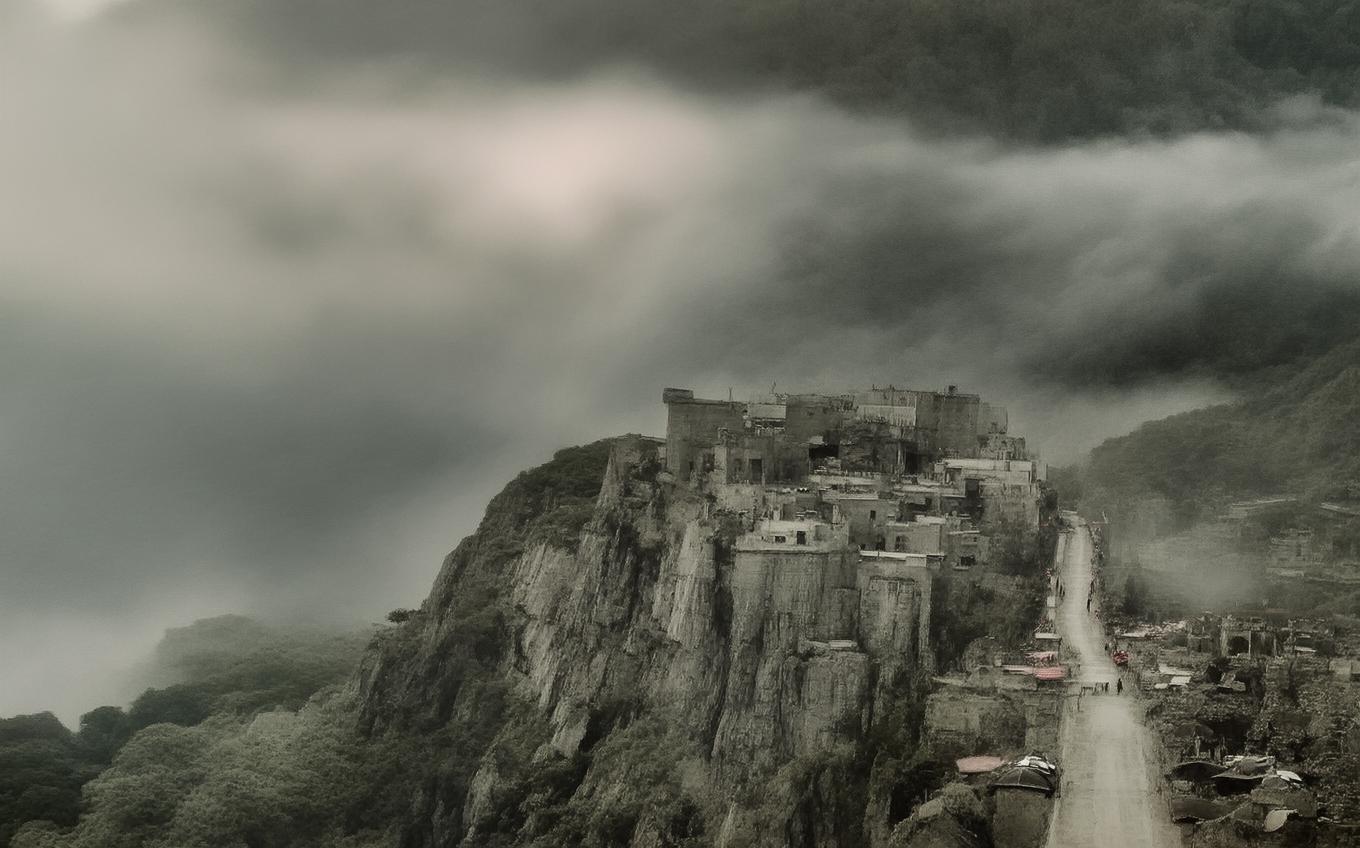Analysis of "山居秋暝" - Classical Chinese Poetry
Introduction
"山居秋暝" (Shān Jū Qiū Míng, "Autumn Evening in the Mountains") is a celebrated poem by Wang Wei (王维, 699–761), one of the most renowned poets of the Tang Dynasty. Known for his mastery of landscape poetry and Buddhist-inspired tranquility, Wang Wei often depicted nature as a refuge from worldly chaos. This poem exemplifies his signature style—blending serene imagery with philosophical depth.
Considered a masterpiece of Chinese literature, "山居秋暝" captures the harmony between humans and nature, reflecting Daoist and Zen Buddhist ideals. Its vivid yet minimalist imagery has influenced generations of poets and artists.
The Poem: Full Text and Translation
空山新雨后
Kōng shān xīn yǔ hòu
After fresh rain in empty mountains天气晚来秋
Tiānqì wǎn lái qiū
Autumn air drifts in at dusk明月松间照
Míng yuè sōng jiān zhào
Bright moonlight filters through pines清泉石上流
Qīng quán shí shàng liú
Clear springs flow over stones竹喧归浣女
Zhú xuān guī huàn nǚ
Bamboo rustles—laundry girls return莲动下渔舟
Lián dòng xià yú zhōu
Lotus stirs—a fishing boat drifts随意春芳歇
Suíyì chūn fāng xiē
Let spring’s fragrant blooms fade王孙自可留
Wángsūn zì kě liú
A recluse may linger here
Line-by-Line Analysis
-
"空山新雨后" (Kōng shān xīn yǔ hòu)
- The "empty mountains" suggest solitude, but not loneliness—rather, a purified space cleansed by rain. The word kōng (空) also echoes Buddhist emptiness (śūnyatā). -
"天气晚来秋" (Tiānqì wǎn lái qiū)
- Autumn, in Chinese poetry, symbolizes reflection and transition. The "latecoming" autumn air implies a gradual, natural change. -
"明月松间照" (Míng yuè sōng jiān zhào)
- Moonlight piercing pine trees creates a dappled effect, symbolizing enlightenment in Zen philosophy. Pines represent endurance. -
"清泉石上流" (Qīng quán shí shàng liú)
- The "clear spring" mirrors the mind’s purity. Water flowing over stones signifies resilience and adaptability. -
"竹喧归浣女" (Zhú xuān guī huàn nǚ)
- Human presence is subtle—the rustling bamboo reveals village life harmonizing with nature. -
"莲动下渔舟" (Lián dòng xià yú zhōu)
- The lotus, a Buddhist symbol of purity, parts as the fisherman’s boat glides, suggesting effortless coexistence.
7-8. Final Couplet
- The poet dismisses spring’s fleeting beauty (春芳歇) to embrace autumn’s quiet permanence. "王孙" (noble recluse) implies a choice to dwell in nature’s wisdom.
Themes and Symbolism
-
Nature as Sacred Space
- The mountains, moon, and springs form a spiritual sanctuary, free from societal noise. -
Impermanence and Acceptance
- Autumn’s arrival acknowledges life’s cycles, yet the poem finds solace in the eternal present. -
Zen Aesthetics
- Minimalist imagery (rain, moonlight, rustling bamboo) evokes wabi-sabi—beauty in transience.
Cultural Context
- Tang Dynasty Influence: Wang Wei wrote during the Tang golden age, where poetry was a medium for spiritual and artistic expression.
- Daoist/Buddharmelding: The poem reflects wu wei (effortless action) and mindfulness, central to Daoism and Chan (Zen) Buddhism.
- Reclusion Tradition: Scholars often retreated to nature to escape political turmoil, a theme in Chinese literati culture.
Conclusion
"山居秋暝" is a meditation on stillness and the art of noticing. Wang Wei’s genius lies in weaving human activity into the landscape without disrupting its serenity. For modern readers, the poem is a reminder to pause and observe the quiet beauty around us—a timeless lesson in an age of haste.
"The mountains are empty, yet full of life."




Comments (0)
No comments yet. Be the first to comment!